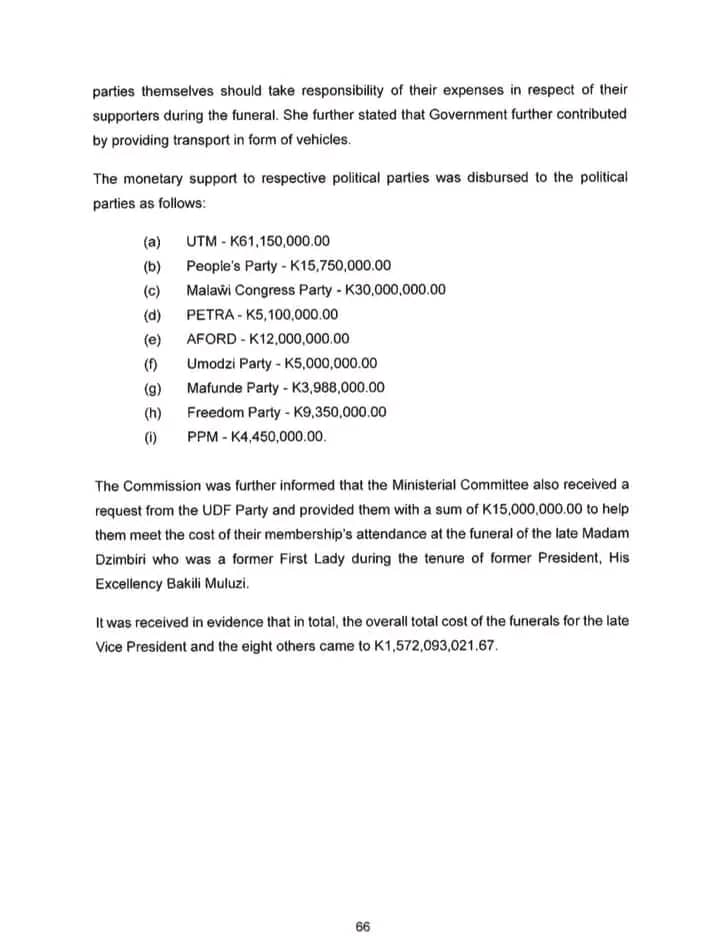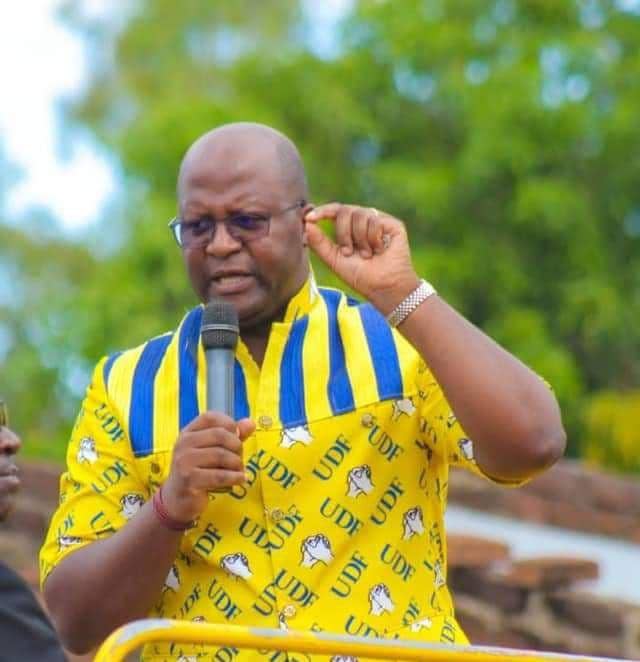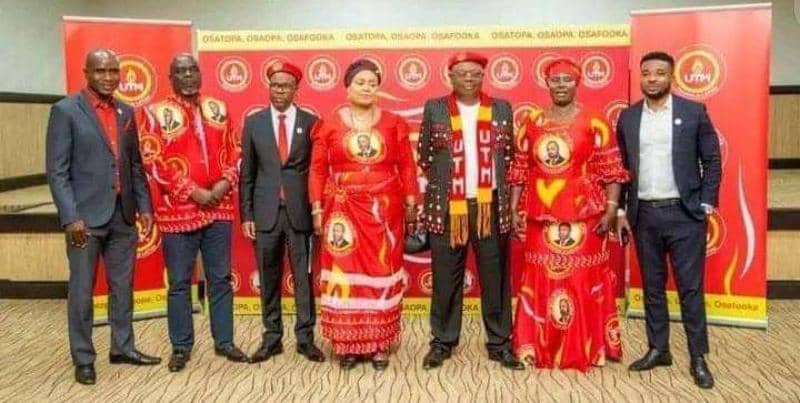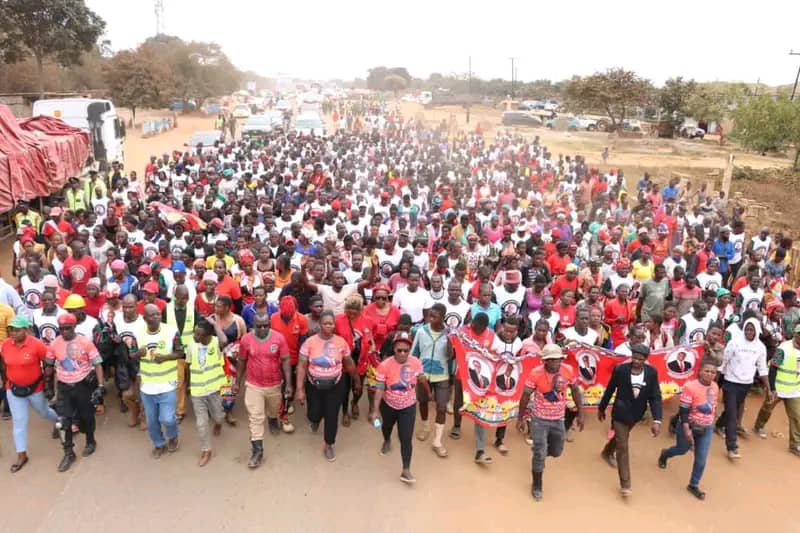By Burnett Munthali
The political landscape in Malawi continues to stir debate, following revelations that the United Democratic Front (UDF) requested financial support from the government to facilitate its members’ attendance at the funeral of the late Madam Shanil Dzimbiri in Balaka. In response, the government allocated K15 million for the purpose, igniting widespread public outrage and raising serious questions about fiscal priorities in the country.
The late Shanil Dzimbiri, a former First Lady and an influential figure in Malawian politics, was laid to rest in a ceremony that highlighted her prominence. However, what could have been a moment of national unity has instead been overshadowed by controversy over the allocation of public funds.
The UDF defended its request for financial support, citing the logistical challenges of attending a high-profile funeral. Yet, critics argue that this expenditure was unnecessary, particularly in light of the economic hardships facing the country. With a reported K1.5 billion spent on funeral arrangements for victims of recent national tragedies, the K15 million allocation for political party participation has struck a nerve among Malawians.
The decision to allocate funds for UDF members’ travel has raised significant concerns about the government’s fiscal priorities. Malawi continues to grapple with underfunded healthcare systems, strained educational infrastructure, and skyrocketing unemployment rates. Against this backdrop, the use of public funds for political activities has been widely viewed as tone-deaf and misaligned with the country’s pressing needs.
This incident also underscores a broader issue within Malawi’s political culture: the frequent reliance on public resources to support partisan activities. Critics argue that such practices erode public trust, undermine governance, and divert much-needed resources from essential services.
In Malawi, funerals of prominent figures often become politicized events. Political parties leverage such occasions to assert relevance and curry favor with constituents. While honoring national figures like Madam Shanil Dzimbiri is important, it must not come at the expense of fiscal responsibility.
The government’s willingness to fund UDF members’ attendance raises troubling questions about political appeasement. Was this allocation a goodwill gesture or a precedent-setting misuse of public funds to placate a political party?
Reactions to this expenditure have been overwhelmingly negative. Many Malawians took to social media to express their frustration, lamenting the government’s inability to prioritize critical services over political theater. Others questioned why the UDF, as a political entity, could not independently fund its members’ participation.
This controversy serves as a stark reminder of the need for transparency and accountability in public spending. Citizens are calling for stringent measures to ensure public resources are used for the greater good rather than for activities that benefit a select few.
The funeral of Madam Shanil Dzimbiri was an opportunity to honor her contributions to Malawi. Instead, it has become a flashpoint for criticism, highlighting the ongoing struggle with governance and fiscal mismanagement.
As the dust settles, this incident should prompt a national dialogue on the allocation of public funds. Malawians deserve a government that prioritizes accountability, leadership, and responsible spending.
The road ahead calls for decisive action to prevent the misuse of public resources and to ensure that the country’s fiscal policies reflect the needs of its people. In honoring the legacy of figures like Madam Dzimbiri, let us also strive for a legacy of better governance and a brighter future for all Malawians.





